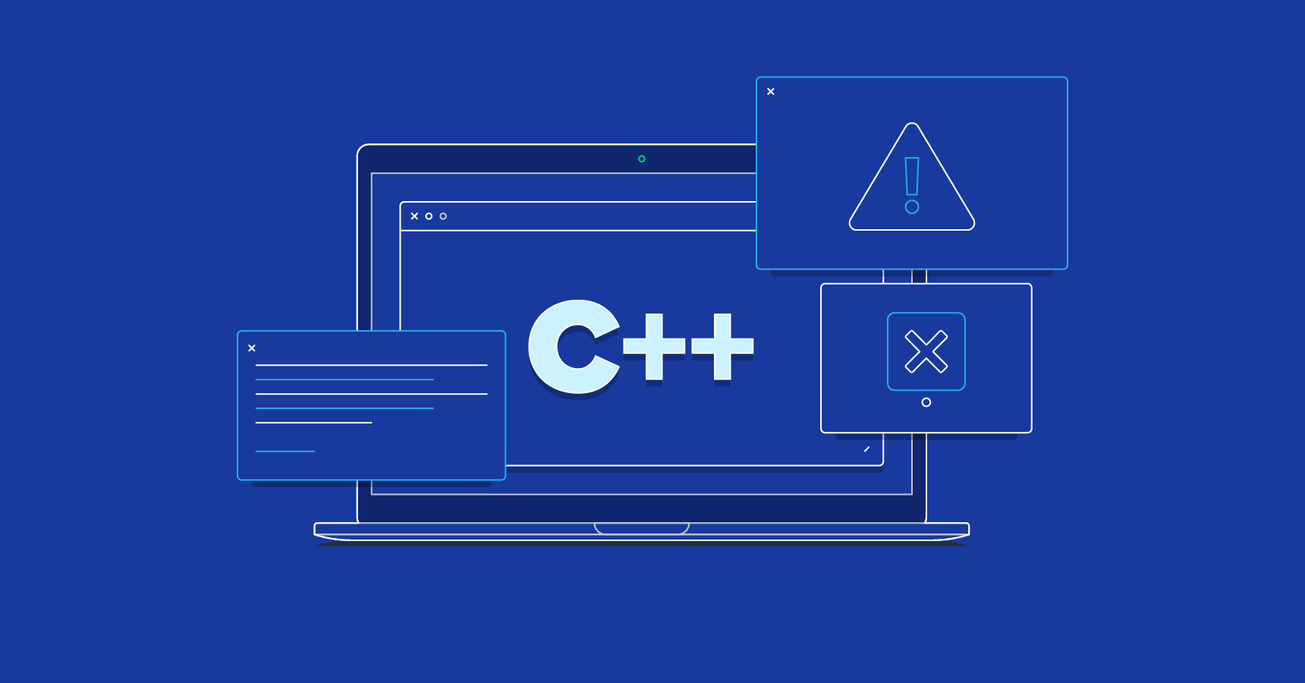
C++ language is a superset of the ‘C’ language and was initially known as “C with Classes”.
C++ language is a superset of the ‘C’ language and was initially known as “C with Classes”. In “C” operator ++ is used to increment the value by 1. That means to the language ‘C’, developers have added some extra features and hence named as C++. C++ is a general purpose programming language and supports object oriented programming features.

💻 C++ PROGRAMMING – SYLLABUS
Module 1: Introduction to C++
- Evolution of C++ Language
- Comparison between C and C++
- Features and Applications of C++
- Installation and Setup of IDE (CodeBlocks, VS Code, Turbo C++)
Module 2: Basic Concepts in C++
- Structure of a C++ Program
- Data Types, Variables, Constants, and Identifiers
- Operators and Expressions
- Input and Output (
cin,cout, Manipulators)
Module 3: Control Structures
- Conditional Statements (
if,else,switch-case) - Looping Statements (
for,while,do-while) - Nested Loops and Conditions
- Break and Continue Statements
Module 4: Functions in C++
- Introduction to Functions
- Function Prototypes, Definitions, and Calls
- Passing Parameters (by value and by reference)
- Function Overloading
- Inline Functions and Default Arguments
Module 5: Object-Oriented Programming (OOP)
- OOP Concepts: Classes, Objects, Abstraction, Encapsulation
- Access Specifiers (Public, Private, Protected)
- Constructors and Destructors
- Static Members and Friend Functions
Module 6: Operator Overloading
- Concept and Need for Operator Overloading
- Unary and Binary Operators
- Rules and Limitations of Overloading
- Overloading with Friend Functions
Module 7: Inheritance
- Basics and Types of Inheritance (Single, Multilevel, Multiple, Hierarchical, Hybrid)
- Visibility Modes and Access Control
- Constructor and Destructor in Inheritance
- Virtual Base Classes
Module 8: Polymorphism
- Concept and Types of Polymorphism
- Compile-time Polymorphism (Function & Operator Overloading)
- Runtime Polymorphism (Virtual Functions, Abstract Classes, Pure Virtual Functions)
Module 9: Templates and Exception Handling
- Function Templates and Class Templates
- Standard Template Library (STL) Introduction
- Exception Handling (try, catch, throw)
- Custom Exceptions
Module 10: File Handling and Streams
- Input/Output Streams
- File Operations (Reading, Writing, Appending)
- Random Access Files
- File Handling with Objects
Module 11: Advanced Topics
- Namespaces
- Dynamic Memory Management (
new,delete) - Introduction to Data Structures (Stack, Queue, Linked List)
- Introduction to Algorithms (Searching, Sorting)
🕒 Course Duration: Typically 2-3 Months (varies with intensity and curriculum depth).
✅ Course Outcomes:
- Solid grasp of Object-Oriented Programming (OOP) concepts
- Capability to write complex C++ programs efficiently
- Preparation for advanced software development roles
- Foundation for further exploration into software engineering and competitive programming